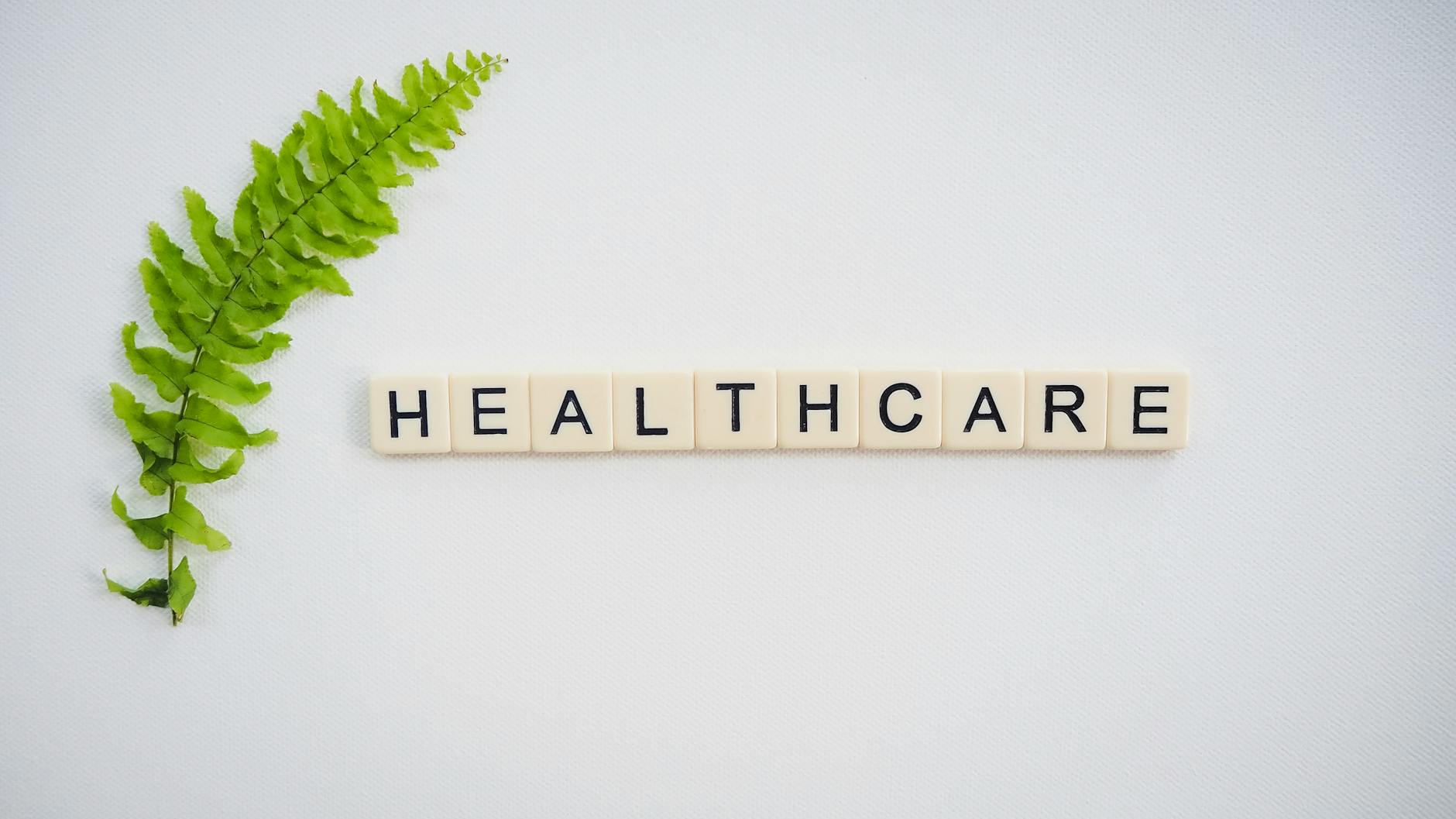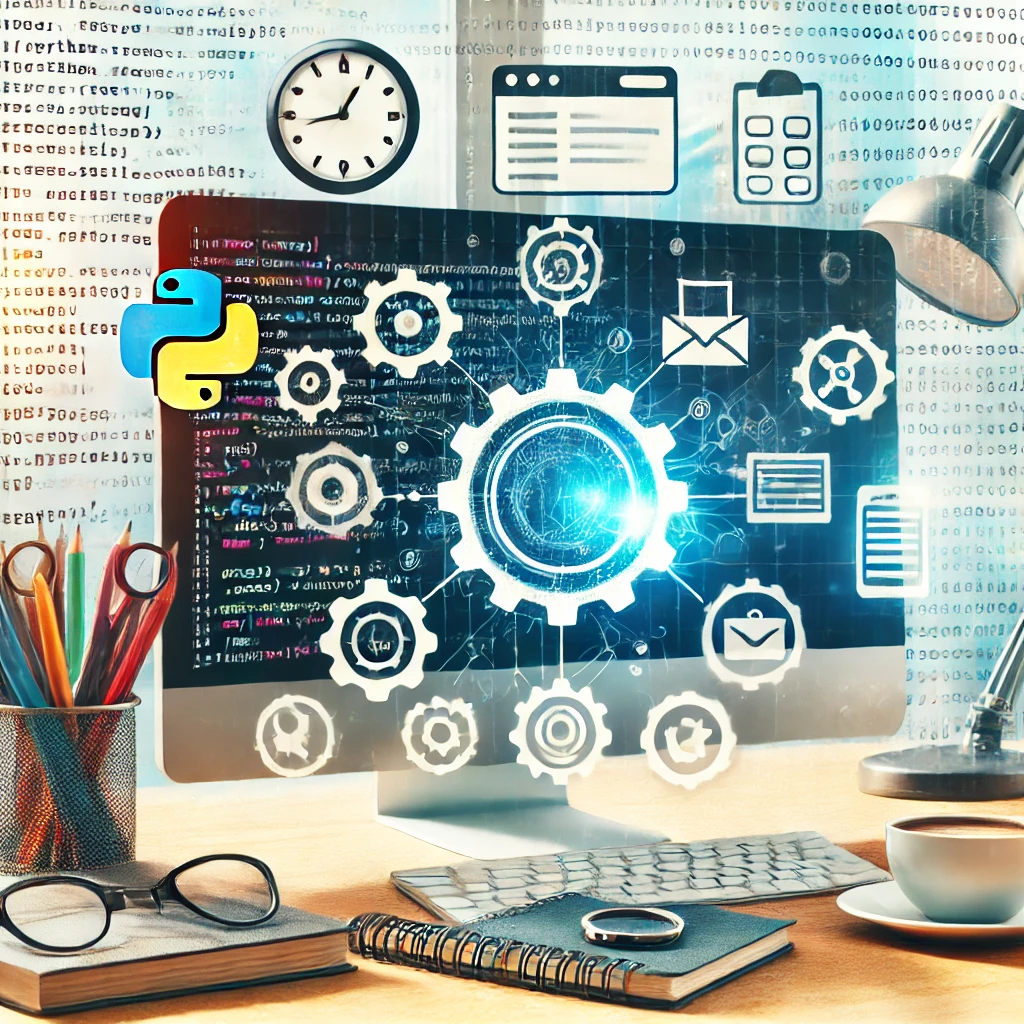Introduction
In an era of rapid advancements, 7 Ways the Impact of Technology and Innovation on Healthcare are reshaping the medical field. These advancements are enhancing the efficiency of healthcare systems and providing a lifeline for improved patient care and groundbreaking treatments. From AI-driven diagnostics to telemedicine, the possibilities are limitless.
Table of Contents
- Introduction
- Why Technology is Vital in Healthcare Today
- Breakthrough Innovations Changing Patient Care
- Artificial Intelligence: Revolutionizing Medical Science
- Telemedicine: The New Frontier of Healthcare Access
- Health Monitoring Through Wearable Devices
- Robotics: Transforming Surgery and Beyond
- Ethical and Practical Challenges
- Pioneering the Future of Healthcare
- Conclusion
Why Technology is Vital in Healthcare Today

Vital in Healthcare Today
Technology is a cornerstone of modern healthcare, ensuring accuracy, efficiency, and accessibility. Digital tools like Electronic Health Records (EHRs) have streamlined patient data management, enabling faster and more accurate diagnoses. Technology and innovation in healthcare empower providers to offer data-driven, personalized treatments, minimizing errors and improving patient outcomes.
Breakthrough Innovations Changing Patient Care
- AI-Enhanced Diagnostics: Advanced algorithms analyze patient data to identify health concerns swiftly and accurately.
- Remote Consultations: Telemedicine allows patients to consult healthcare providers without visiting clinics, reducing wait times.
- Wearable Health Technology: Devices monitoring vital stats enable early detection of health risks, fostering proactive care.
Artificial Intelligence: Revolutionizing Medical Science

Revolutionizing Medical Science
Adopting Artificial Intelligence (AI) in healthcare is creating waves of change. AI applications are assisting in disease prediction, drug development, and precision medicine. For instance, AI algorithms have demonstrated remarkable accuracy in analyzing radiology images, detecting abnormalities that might go unnoticed by the human eye. This illustrates the transformative power of technology and innovation in healthcare.
Telemedicine: The New Frontier of Healthcare Access
Telemedicine has revolutionized how healthcare is delivered, especially for patients in remote or underserved areas. Through virtual consultations, doctors can diagnose and treat patients efficiently. This technology not only saves time but also reduces costs, showcasing the significant role of technology and innovation in healthcare in making medical services more inclusive.
Health Monitoring Through Wearable Devices
Wearables such as smartwatches, fitness trackers, and biosensors are paving the way for continuous health monitoring. These devices measure metrics like heart rate, sleep patterns, and physical activity, empowering individuals to manage their well-being proactively. With such innovations, technology, and innovation in healthcare are shifting the focus from reactive to preventive care.
Robotics: Transforming Surgery and Beyond
Robotic technology is pushing the boundaries of what is possible in surgery and patient care. Robots like the da Vinci Surgical System are facilitating minimally invasive procedures with unprecedented precision. Additionally, robots assist in tasks like dispensing medications and aiding mobility for patients, demonstrating how technology and innovation in healthcare are redefining medical practices.
Ethical and Practical Challenges

Ethical and Practical Challenges
As promising as it is, the integration of advanced technology in healthcare raises ethical and logistical concerns. Data security, patient privacy, and equitable access are significant challenges that must be addressed. The use of AI in decision-making, particularly in critical scenarios, also presents ethical dilemmas. Ensuring that technology and innovation in healthcare align with human values is crucial.
Pioneering the Future of Healthcare
Looking ahead, the future of healthcare will be shaped by innovations like personalized medicine, blockchain for secure health data, and nanotechnology for targeted therapies. These advancements will continue to break barriers and redefine healthcare, proving that technology and innovation in healthcare are essential for a healthier, more connected world.
Conclusion
The influence of technology and innovation in healthcare is undeniable. From AI-powered tools to wearable tech and telemedicine, these innovations are bridging gaps and improving lives. While challenges remain, the potential to transform global healthcare systems is immense. By embracing these technologies responsibly, we pave the way for a brighter and healthier future.


Your point of view caught my eye and was very interesting. Thanks. I have a question for you.
I don’t think the title of your article matches the content lol. Just kidding, mainly because I had some doubts after reading the article.